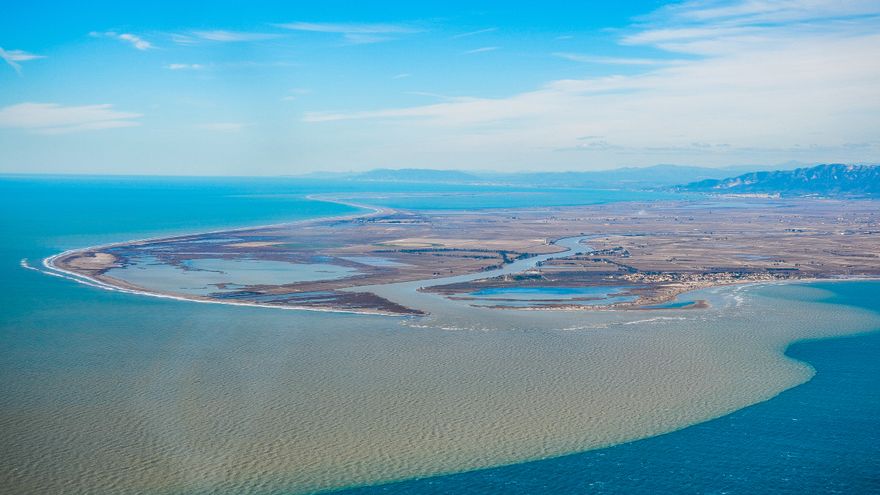
Created an alliance between the municipalities
Created an alliance between the municipalities that are part of the Delta del Ebro.The partners of the Catalonia region participating in the Land - Sea project ...
The Land-Sea project illustrates the joint efforts of partners from four European regions to promote an integrated approach towards improving the policies for sustainable management of the land-sea ecosystems.
“The ultimate goal - establishment of joint guiding principles for promotion of interventions for regional growth in the field of the ecotourism and the related sectors”
Interregional learning
Based on the interregional learning approach the project includes intensive exchange of experience and knowledge in the field of conservation, restoration and sustainable management of coastal marine areas, as well as in the development and promotion of sustainable and responsible eco-tourism.
Integrated activities
The networking activities under the project include interregional and local activities: thematic seminars, study visits, expert papers, conferences.
Expected results
- Improved skills and competences of the policy makers, local stakeholders and project partners for sustainable management of the land-sea systems
- Improved Policy Instruments: 3 Structural Funds Operative Programmes and 1 local Plan
- Implemented 4 local action plans envisaging measures and instruments for sustainable management of the land-sea system, supporting ecotourism strategy in the concerned regions.
€1,040,750.00
Environment and resource efficiency
«Regions in growth» is an integrated National Operational Program (ERDF) aiming at regional development which could sustainably achieve the objectives of urban policies in Bulgaria, based on a polycentric model. Investment Priority 6c provides for conserving, protecting, promoting and developing natural and cultural heritage of national and international significance through development of holistic and integrated approaches.
Axis 06 should create conditions for minimizing the seasonal pressure on the tourism resorts, especially these on the Black Sea Coast by sustainable management, promotion and development of tourism attractions.
Main results to be achieved are protection and promotion of cultural heritage and increase of competitiveness of Bulgarian tourism, boosting economic activity on local and regional levels & new business initiatives. This PI should be improved because it addresses the preservation, protection of heritage, its development and promotion. However it does not provide for necessary measures, related to natural heritage, arising from natural disaster situations, caused by urbanization pressure and/or mass tourism. The instrument targets an adequate realisation of the unexplored potential of the eco- tourism, however not providing for measures for systematic increasing of professional skills for preventing risks & developing sustainable coastal system.
The Hamburg Climate plan determines the regional climate policy, concluded by the regional government (“Senate”) in Dec 2015. It is the binding document for all regional authorities to act in order to achieve the climate goals for the whole region. Following European and national premises the Climate plan provides the strategic goals (i.e. « Climate Smart City »), long-term-perspectives and a detailled Action Plan 2020/2030. Strategic clusters are to transform the urban areas in city- and quarter development in the fields of energy, buildings, mobility, economy, waste management, storm water protection, water management, nature protection, human health and infrastructure – finally : monitoring. It should be improved because it does not describe detail measures to be taken in the fields of action concrete manner. Overlapping issues (i.e. ecological-economical potential conflicts) with the need to gain solutions in the field of eco-tourism are not sufficiently tackled. Aspects of inclusive, effective and efficient improvement of regional governance can be improved as the Climate Plan does not adress these topics. It also does not include the international aspect of gaining experience from best practise, systematically increas of professional skills for improvement of eco-tourism strategies and activities.
This PI responds to priority investment 6.c “Preserve, restore, promote and develop the natural and cultural heritage”. Priority Axis 5 allocates 13% of the ERDF resources. Specific Objective is 5.1“Improvement of the conditions,supply and use standards of the heritage in the areas of natural attraction”. Specifically, it concerns of 17 interventions of protection and tourism valorisation of natural attraction areas with a strategic relevance for the region.
Action 5.1.1 forsees interventions in protected areas both in land and sea environments for promoting and sustaining process of growth.
The action sustains integrated plans of interventions and it's addressed to the private & public bodies responsible of the protected areas (municipalities, consortia, associations, etc).Interventions can concern the mapping of emergencies, the realization of control/monitoring systems, the environmental restoration of sites, the improvement of infrastructures and services for the development of the eco tourism sector. This PI should be improved because by now the planned actions for the better use of the natural heritage don’t foresee a governance system that guarantees the correct execution of valorisation activities by preserving the correct and sustainable use of the territory. It is necessary, then, a governance configuration that overviews the sustainable impact in combination with the criteria of efficiency/effectiveness in all development investments involving the natural asset.
Investment Priority 6.3: the preservation, protection, promotion and development of natural and cultural heritage, particularly natural areas with touristic interest. The protected natural areas system in Catalonia is one of the key elements to promote the conservation of biodiversity in natural spaces in coastal areas, but at the same time it is an attraction for tourists, which generate an important environmental impact into these areas.
To preserve these areas it is required to create projects, plans and policies to keep them as a touristic attraction but reducing their environmental impact. The main objectives are:
• To encourage and promote the conservation of natural areas.
• To value natural areas, biodiversity and natural heritage of Catalonia in relation to citizenship and for use as a tourism resource.
• Promote the economic and sustainable development in these areas.
Also these natural touristic attractions generate an environmental and social impact in the near urban areas which should be mitigated. Seasonality of tourist is also a big issue, as some sites faces with saturation of services and infrastructures (roads, parking, shops, hotels, waste and water management plants...) during high season. The link of these impacts and the strategies to reduce them are currently not addressed in the policy instrument.

Created an alliance between the municipalities that are part of the Delta del Ebro.The partners of the Catalonia region participating in the Land - Sea project ...
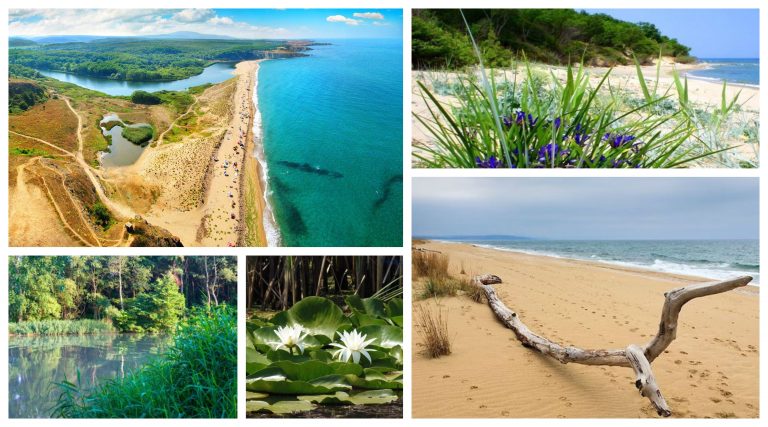
Implementation of policies and actions for creating sustainable tourism in the Varna region.In 2020, as a result of the participation of the Regional Administra...
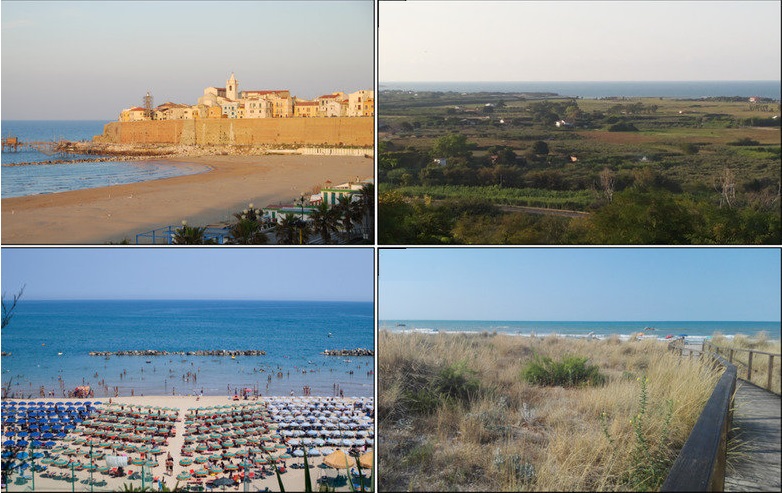
Integrated use of the cultural and natural resources of the Molise region.The Municipality of Termoli, as a leading partner of the city administration of Termol...
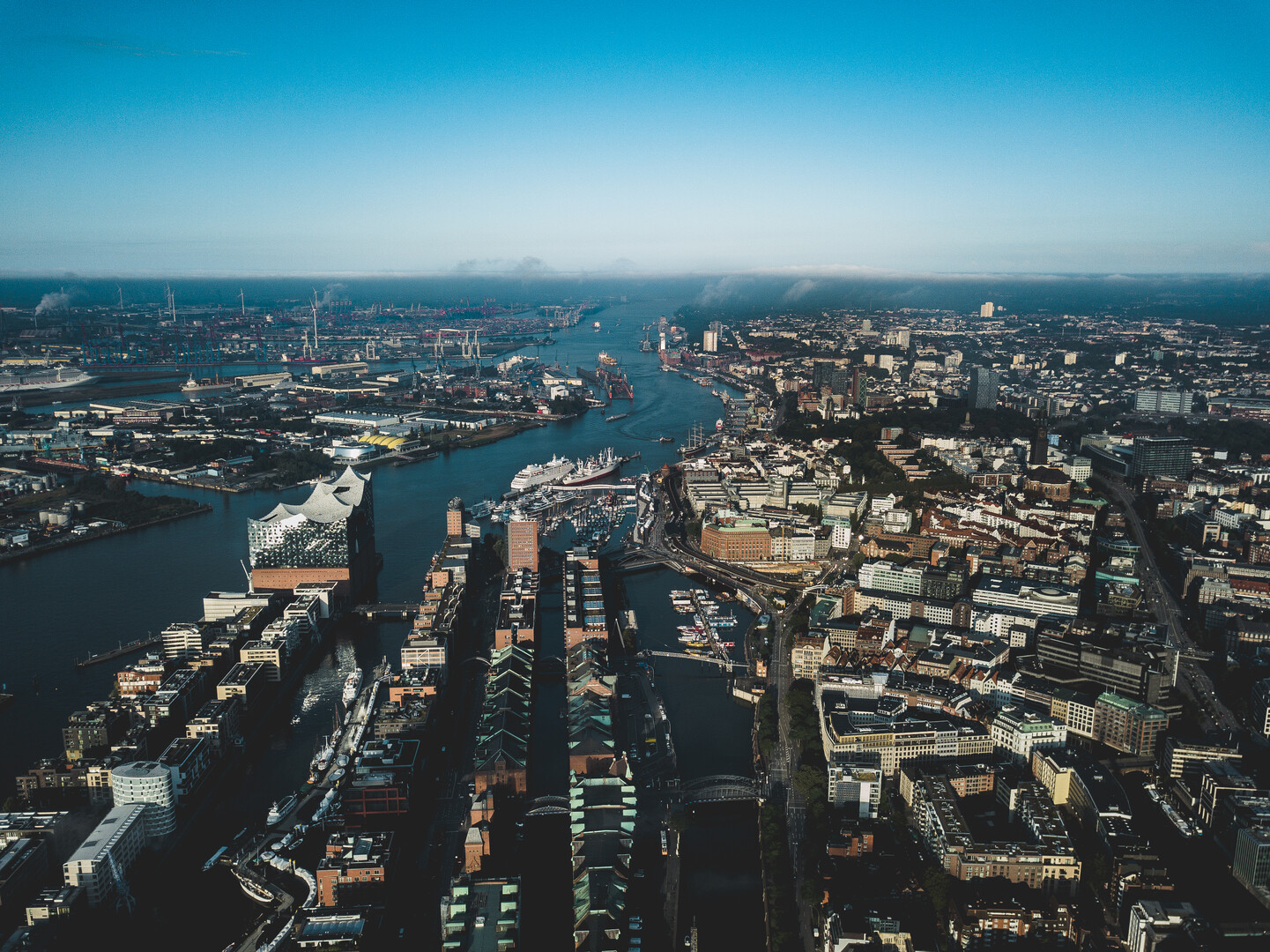
Update on the Hamburg Climate Plan.The process of updating the Hamburg Climate Plan was originally conceived as a process by different sectors, and in its first...
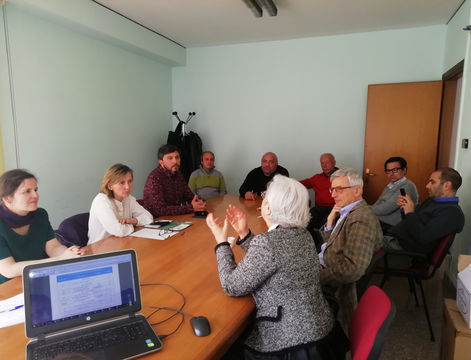
„ Share your Knowledge!“
„Learn from each other!“
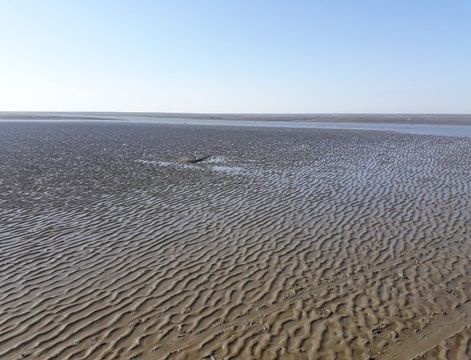
The interregional study visit to Cuxhaven and the Island of Neuwerk in the fourth semester of the project ...
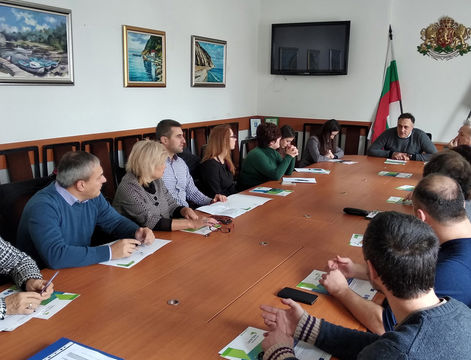
15.10.2018 / 20.12.2018
Reginal Administration Conference Room
Varna, Caserta, BarcelonaC
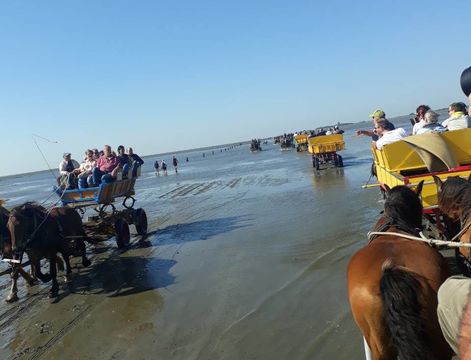
A breath taking interregional study visit in Neuwerk
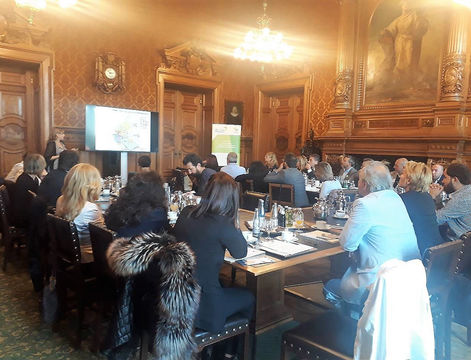
Best practices and case studies about flood preventions presented in Hamburg
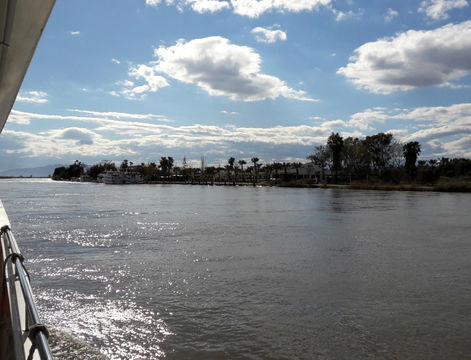
From the “egg yolk” of Barcelona to the littoral Catalonia – pure excitement and mutual learning in our 3rd semester